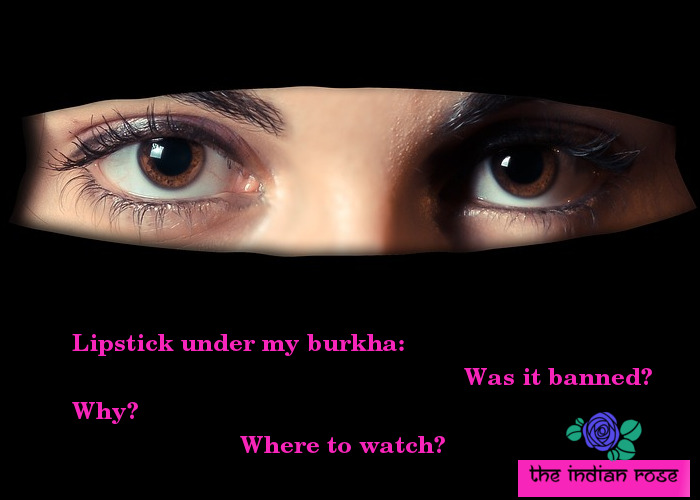

What is important in this film for me, is that these stories are everywhere – not just in India, but everywhere in the world – and they are the stories of everyday people.

The world is changing – with instant communication and the internet, people can see what is happening elsewhere in the world, and for good or for ill, it’s changing society everywhere. Educating children is vitally important so that they can make informed choices – and it should be an individual choice. In the end I think it comes down to education. The character Shireen here actually wants to work partly it’s an escape for her, but she still has to look after the children and her husband when he’s around. The burden of looking after families and the home falls almost exclusively on women, so having to work on top of all of that makes for a bigger burden for women to carry. I think almost everyone would rather not have to go through the difficulty of earning money too! Working is something we have to do, not necessarily something people want to do. Being cut off form your family is distressing, no matter what the circumstances. You’re basically turning your back on everything you know, generally without any support, so it’s not surprising that people are unwilling to take that step. But it’s always difficult to go against your family and upbringing. I think the difference is that in the West, not conforming is perhaps easier – there is less risk of being attacked or threatened (although that does occur), and it’s possibly easier to find other ‘non-conformists’ too. There is a lot of pressure from society to conform everywhere in the world. We had a lot of discussion on the way home 🙂 Unfortunately, Rehana’s rebellion leads her to some dodgy choices, and she puts herself at risk when she becomes involved with an older man Dhruv (Shashank Arora), but for the most part her attitude is as expected for a young woman trying to escape her conventionally traditional family, and her motivation is relatively easy to discern. The burkha is a symbol of more than just her perceived oppression too, as it’s also the shield behind which Rehana hides when she is shop-lifting and it allows her to pass almost unnoticed through the streets at night. Rehana struggles to conform to the expectations dictated by her traditional family, leading her to hide her desire to become a singer, her western-style clothes and her pictures of Western popstars from her parents.

She applies this as soon as she gets to college, also shedding her traditional dress for jeans and a skimpy top, and changing her behaviour to suit. The film starts with Rehana stealing bright red lipstick by hiding it under her burkha. Rehana Abidi (Plabita Borthakur) is perhaps the most conventional character and is the owner of the burkha mentioned in the title.


 0 kommentar(er)
0 kommentar(er)
